International Cooperative Human Resource Development Program for Realizing Sustainable Asian Fisheries and Marine Environment / AFIMA Leaders Program Student Achievement Presentation 2024
In the summer of 2024, four students from Nagasaki University studied abroad in the AFIMA Leaders Program for a short period of time.
The students presented the results of their studies at Universiti Malaysia Trengganu and Pukyong National University.
Here are the contents of each presentation.

From left to right: Yudai Takahashi, Satoshi Urata, Yuko Kameyama, Shimpei Tsuchida
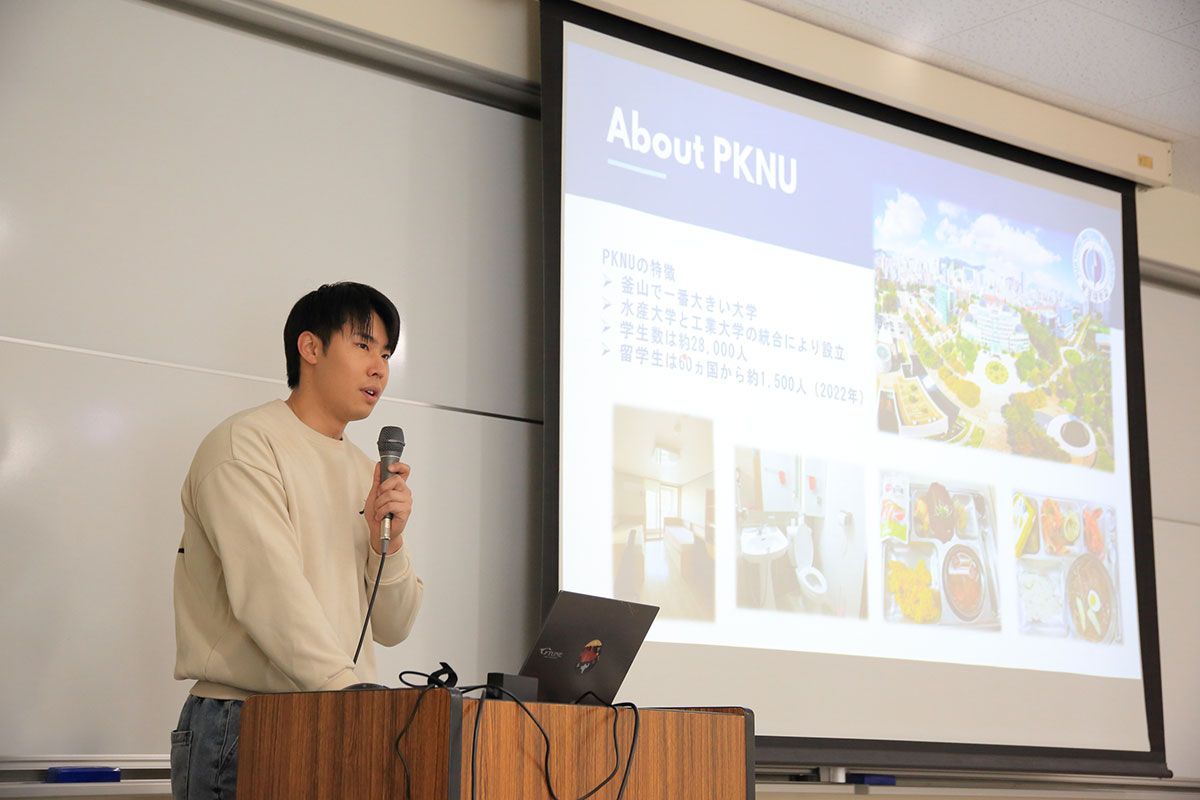
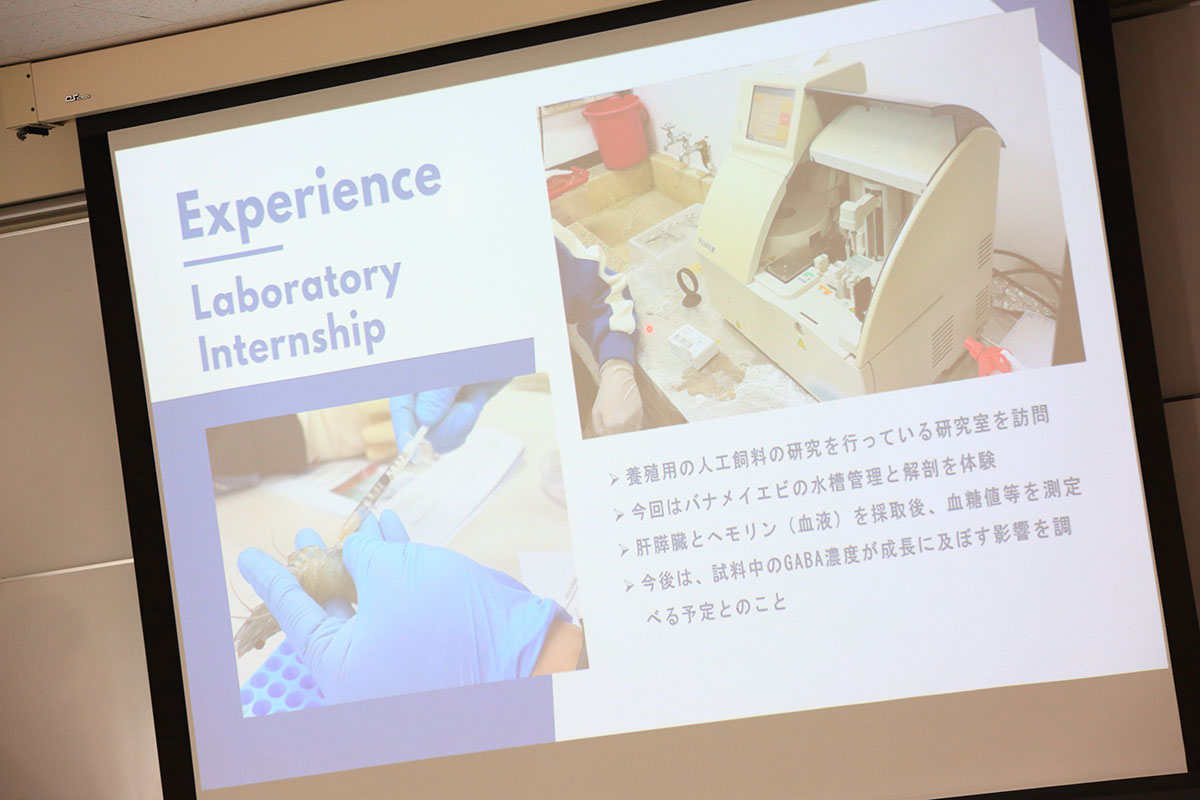
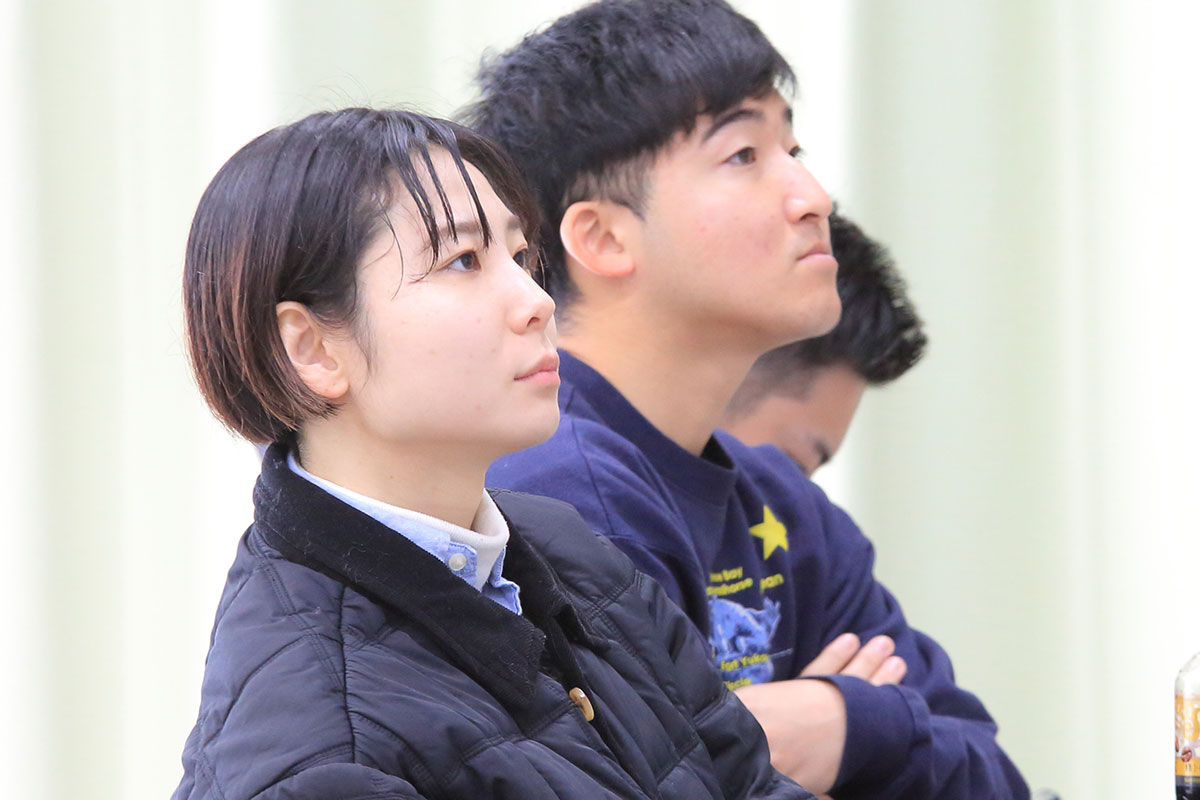
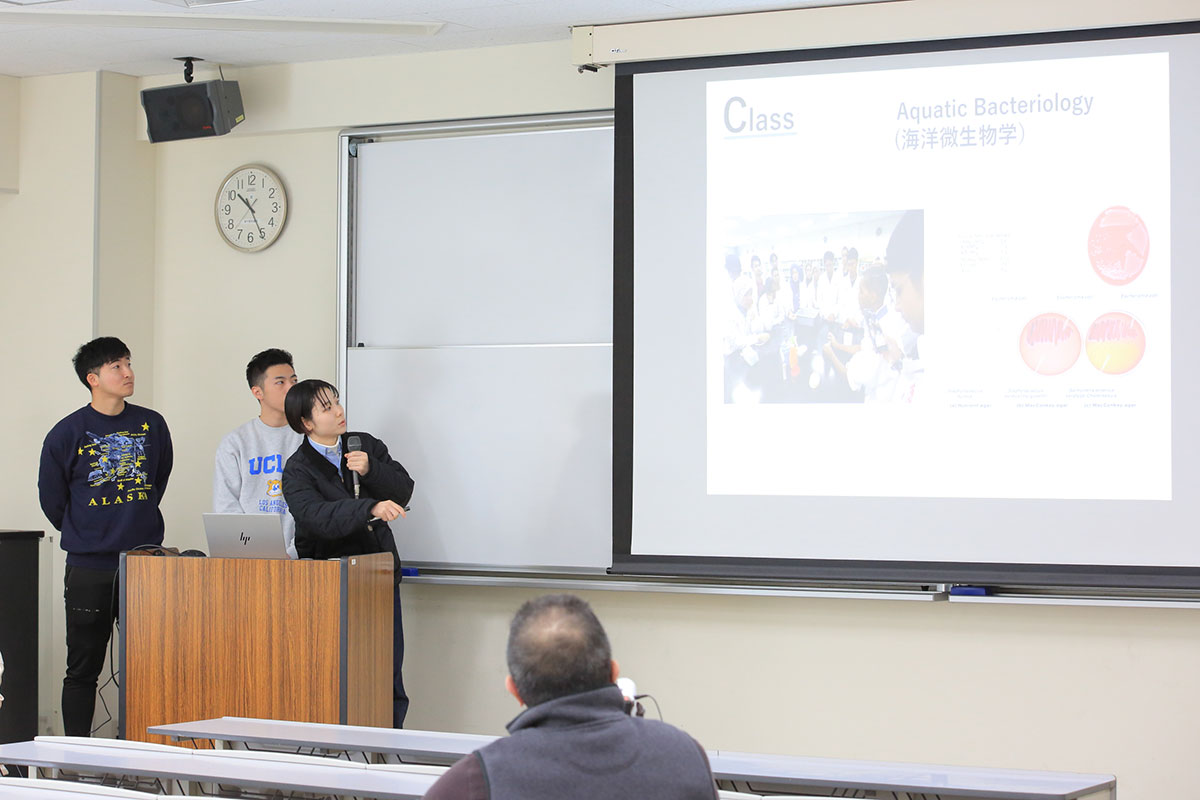
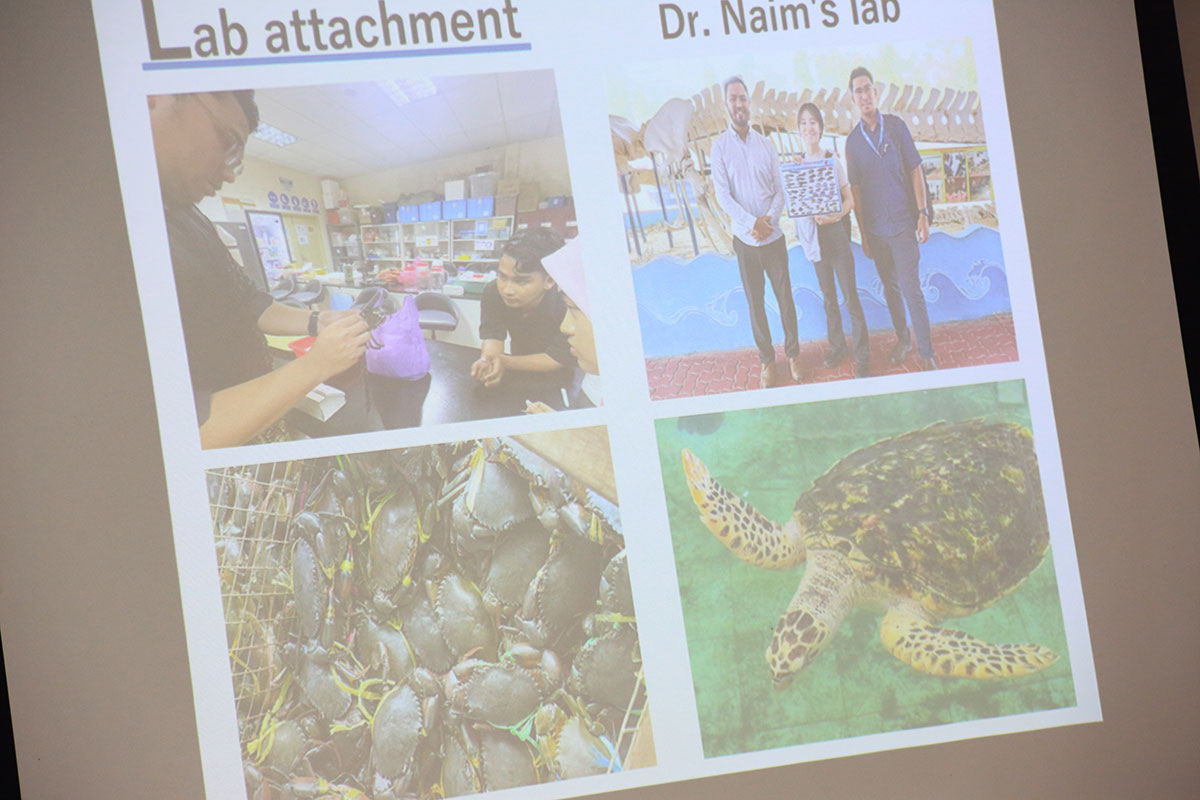
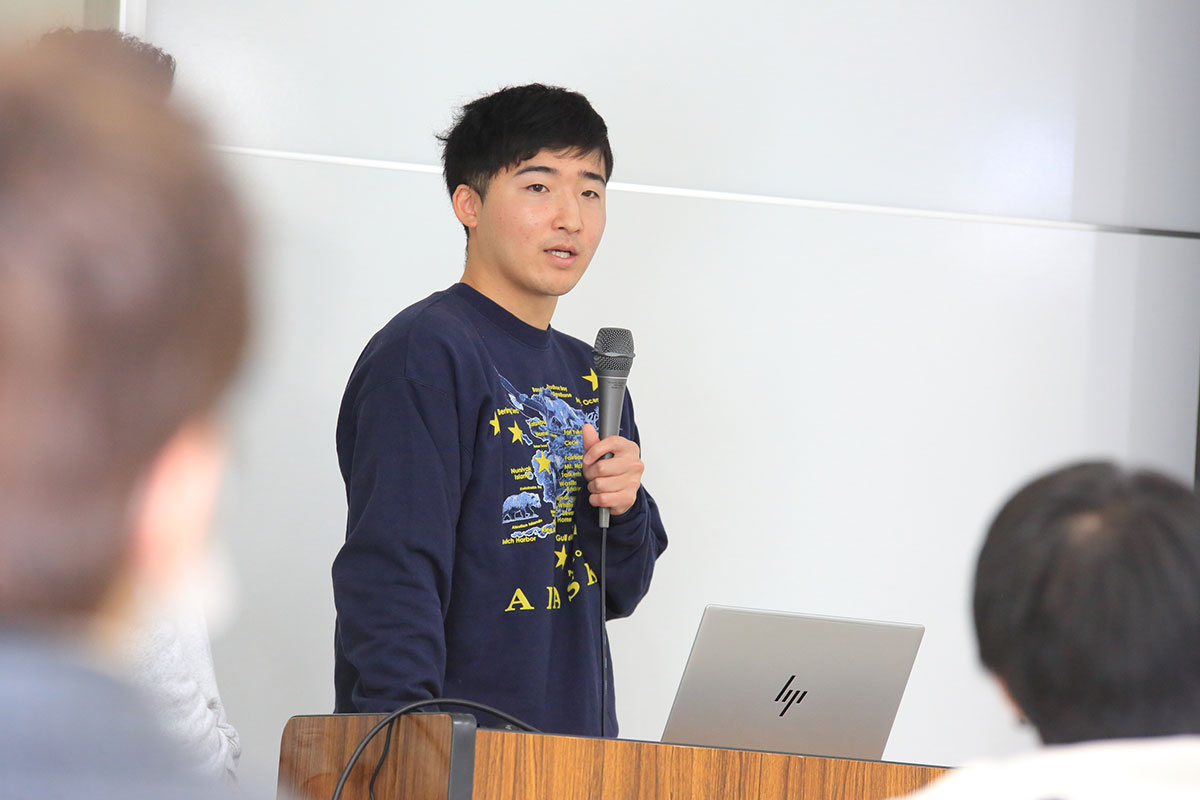
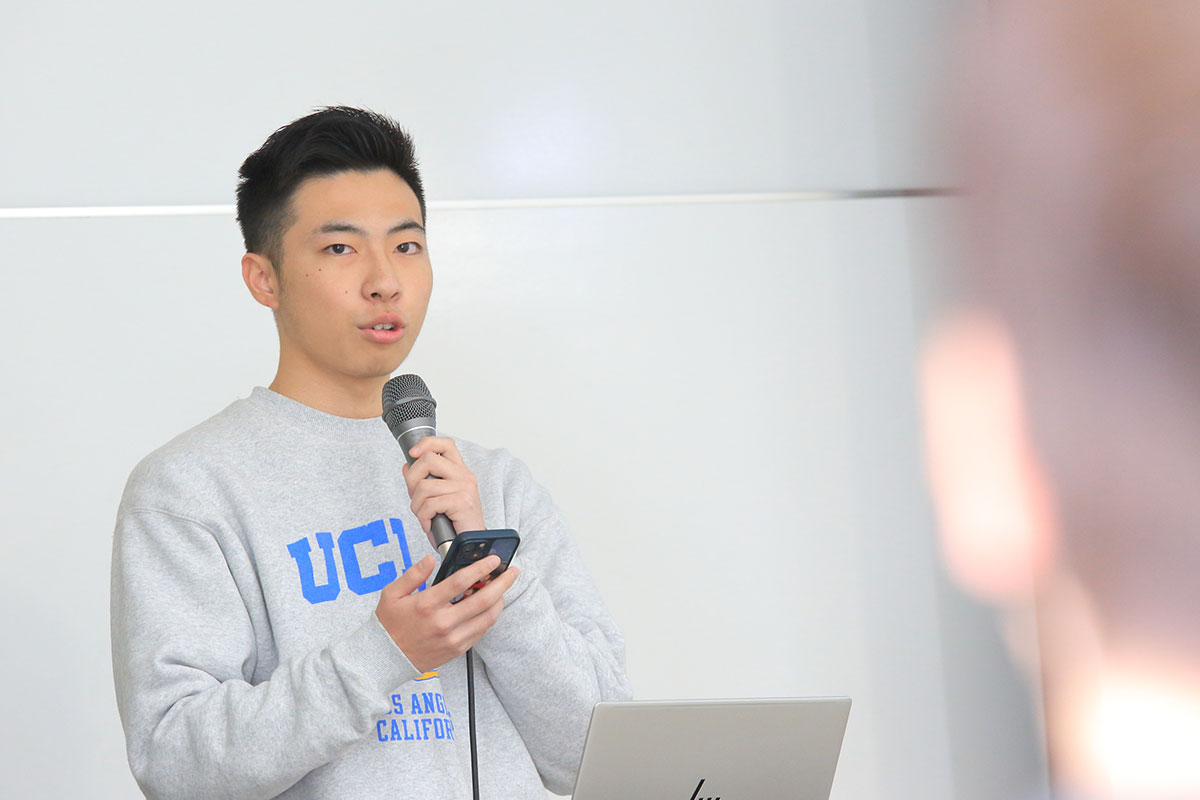
============================
■Studied at Pukyong National University for about 4 months
Yudai Takahashi
Graduate School of Integrated Production Sciences, Master’s Program, 1 year
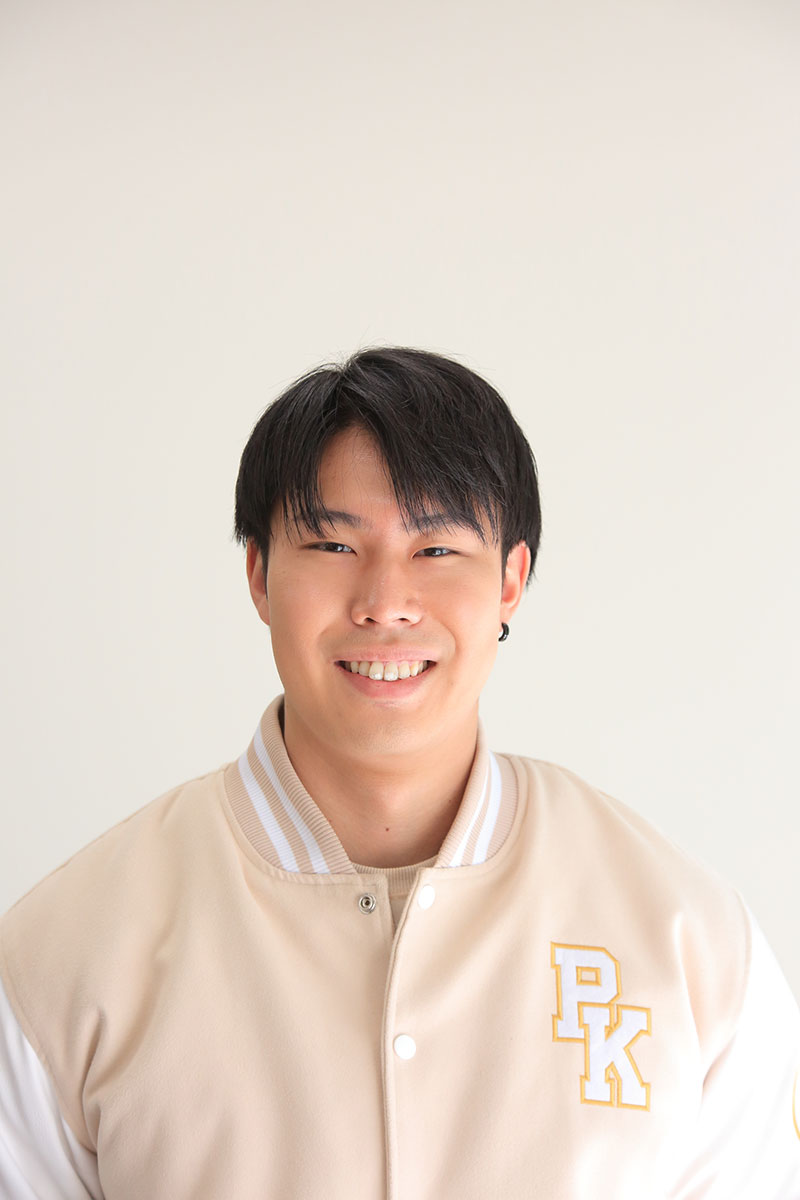
” Introducing AI Technology
Possibilities for New Seafood Processing “
I learned a lot from the shipboard training on JEJU Island, the unique manufacturing technology of low-sodium cod roe being worked on by a famous cod roe manufacturer in Busan, and a visit to a laboratory for artificial breeding of banamei shrimp. In particular, participation in the World Ocean Forum in Korea, where the keynote speaker discussed innovation and sustainable development of the marine industry using artificial intelligence (AI), helped me understand the potential of AI technology in the relationship between the ocean and humans with even higher resolution than before. I feel that my study abroad at Pukyong National University was a great opportunity for me to witness the world’s most advanced technology.

I participated in the World Ocean Forum, a gathering of researchers and industry professionals from around the world to share ocean-related concepts and present new technologies.

Practical training visit to Deokhwa Food, a famous mentaiko (dried young sardines) manufacturer in Busan. Succeeded in producing low-sodium cod roe using a proprietary process. The company is active in exporting its products not only within Korea but also to other countries. In Japan, Seven-Eleven and Ito-Yokado are handling the products.

Experienced aquarium management and dissection of banamei shrimp. In the experiments on aquaculture, we realized that it is quite difficult to adjust the amount of feed to prevent cannibalism from occurring.
============================
■Studied at Universiti Malaysia Terengganu for about 3 months
Yuko Kameyama
Graduate School of Integrated Production Sciences, Master’s Program, 1 year
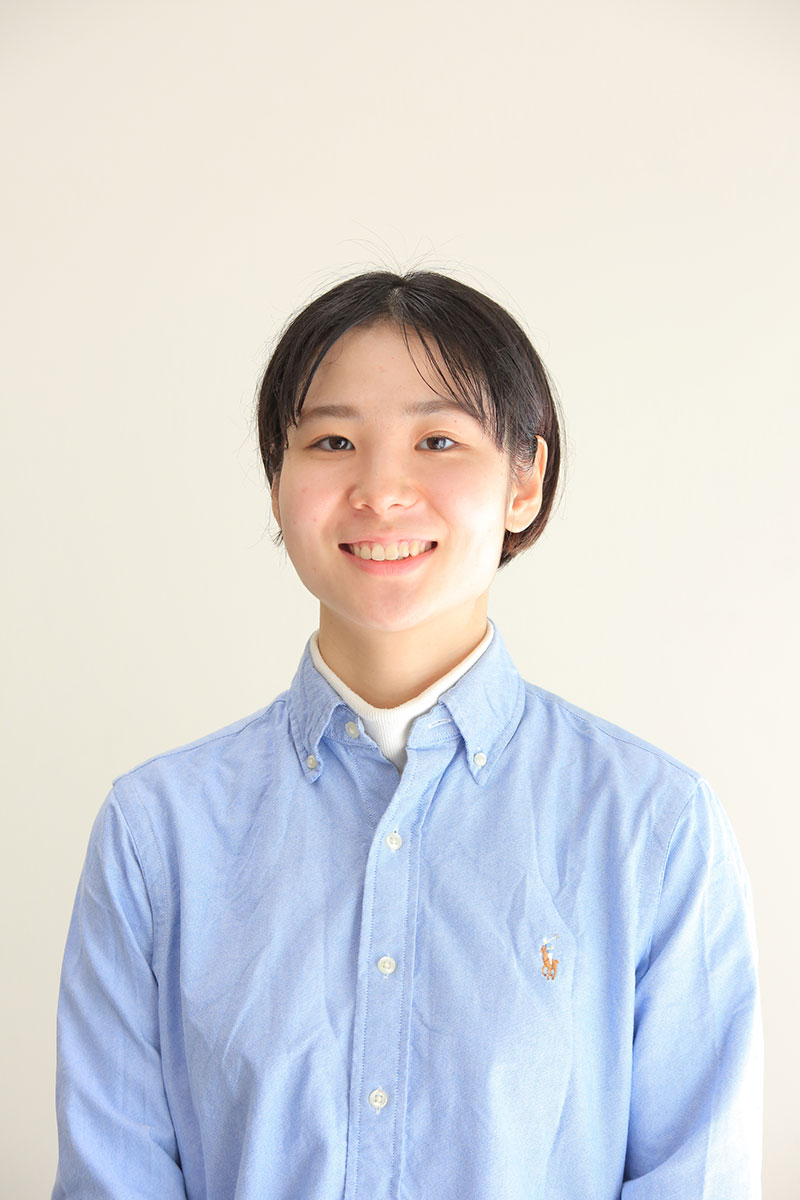
Shinpei Tsuchida
Graduate School of Integrated Production Sciences, Master’s Program, 1 year
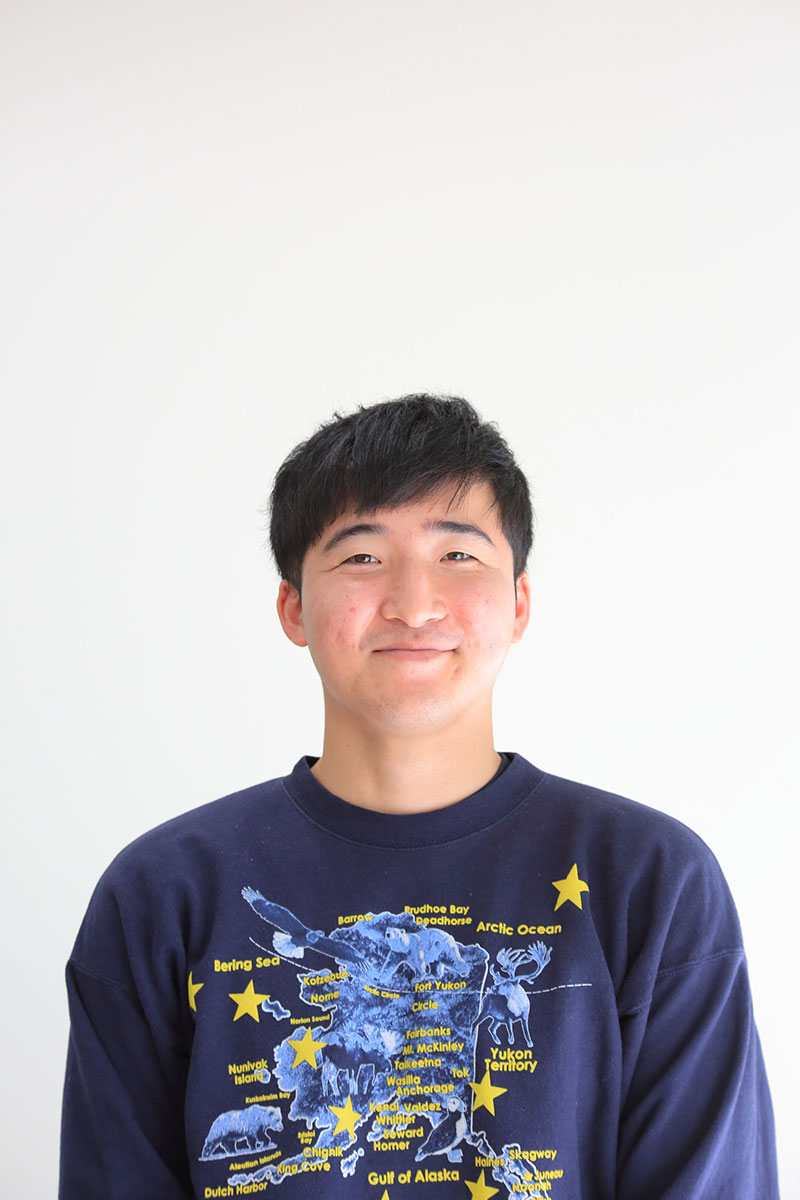
Satoshi Urata
Environmental Policy Course, Faculty of Environmental Science, 2nd year
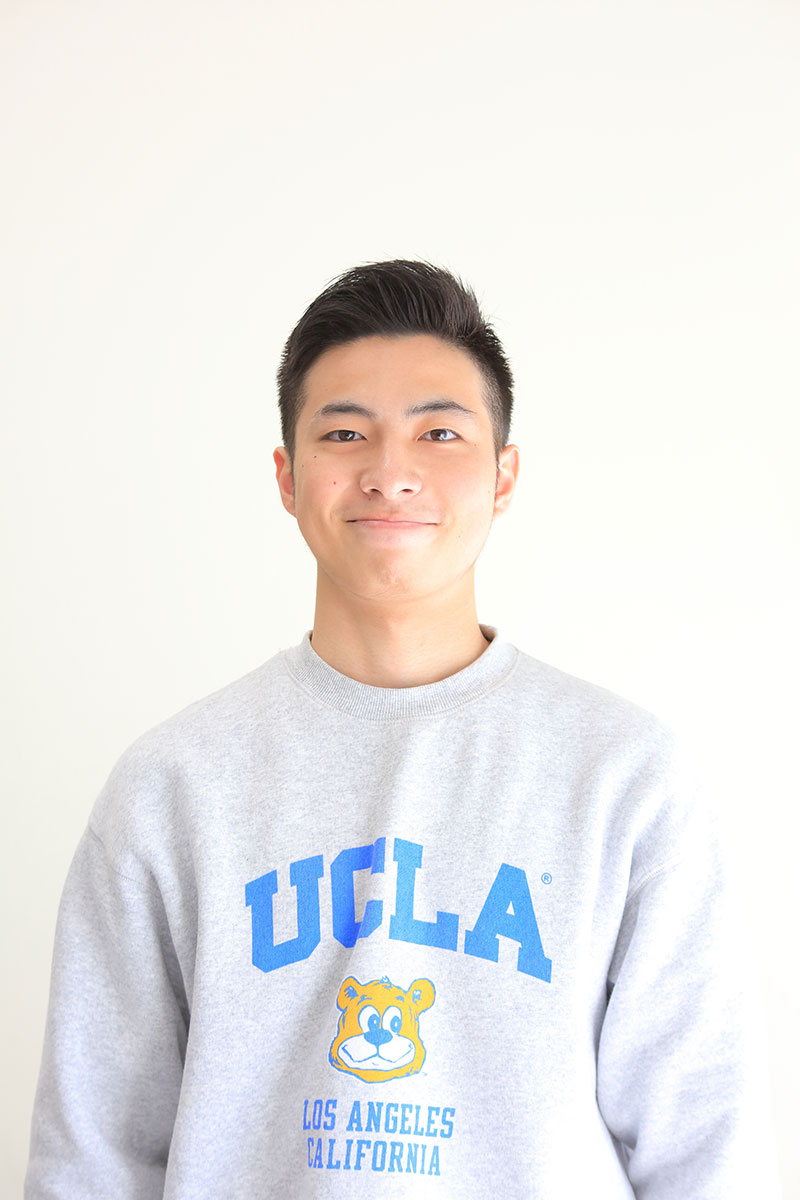
” Improving the marine environment is
transcend national borders and should be addressed
Global Issues “
My study abroad destination, Universiti Malaysia Terengganu, is located in the state of Terengganu on the east coast of the Malay Peninsula, a very natural place with many wild animals. I learned about marine microbiology, project planning, and how remote sensing technology works.

Commemorative photo with a powerful elephant.

Microorganism culture experiments. There is a similar microbiology class in the fisheries department, but we talked about antibiotics, which we didn’t do much of there.

Project Planning was a comprehensive class to learn how to plan for any project.
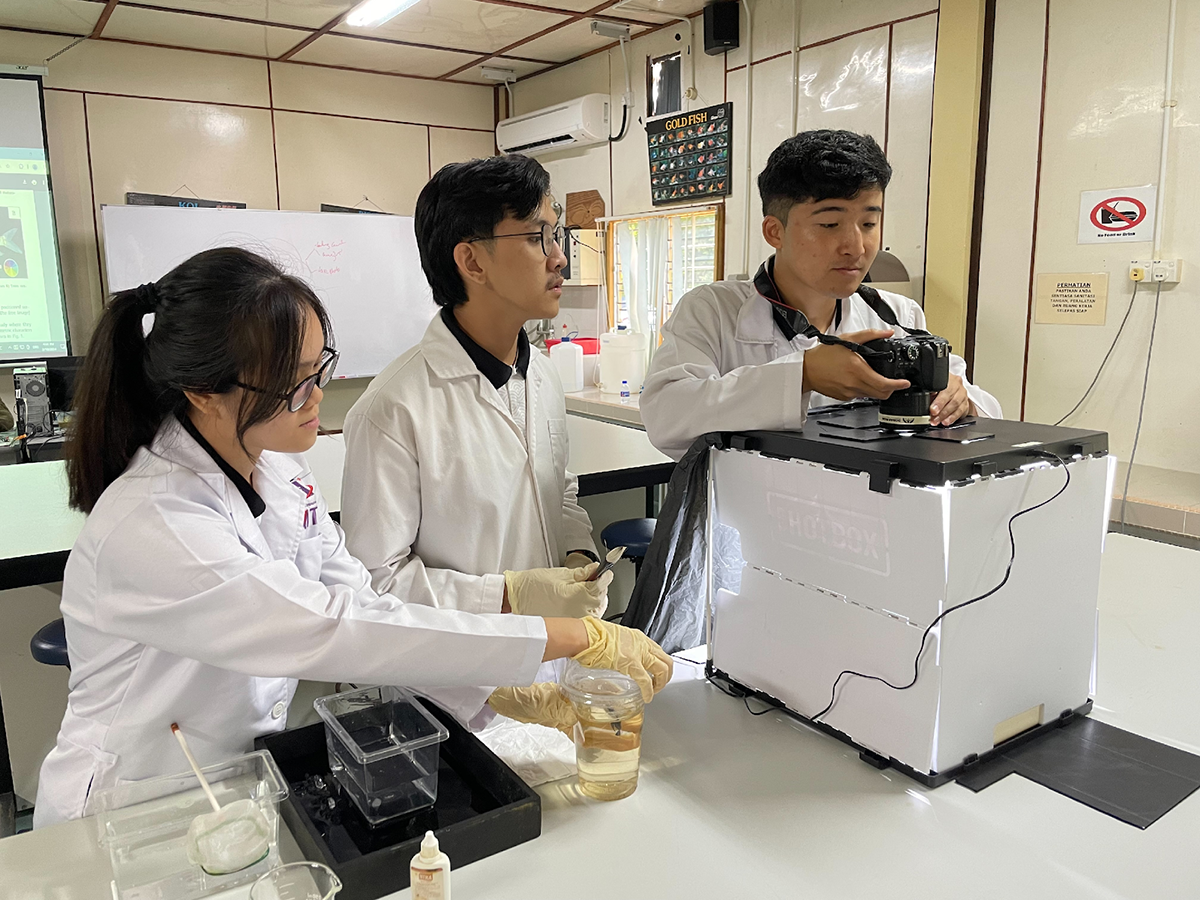
For the breeding experiment of the colorful and beautiful tropical fish “betta,” I went to the breeding laboratory from morning to night every day to conduct experiments to see if the color and shape of the betta changed depending on the amount and type of food.



In Dr. Naim’s lab, we learned techniques for mapping data on the marine life that inhabits the area using ARCGIS, an advanced geographic information system.
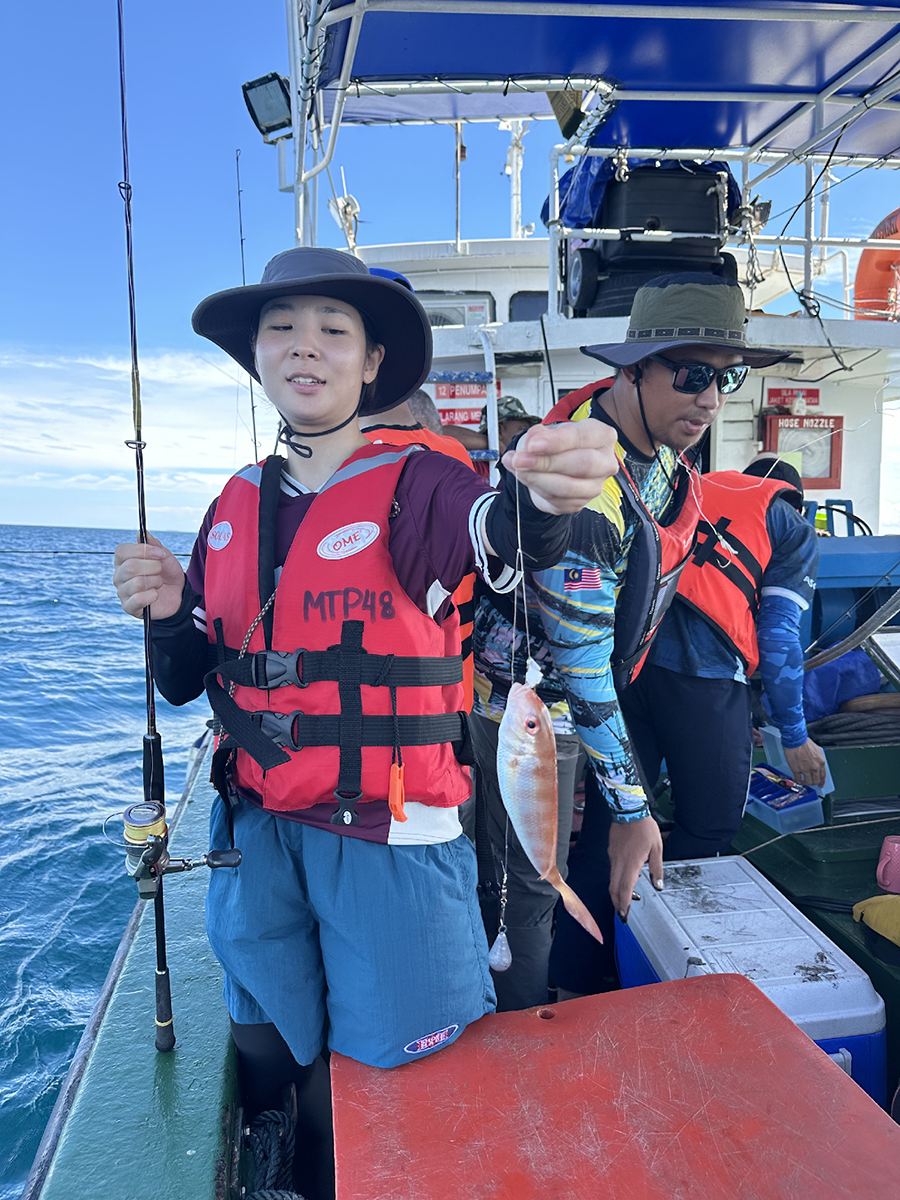
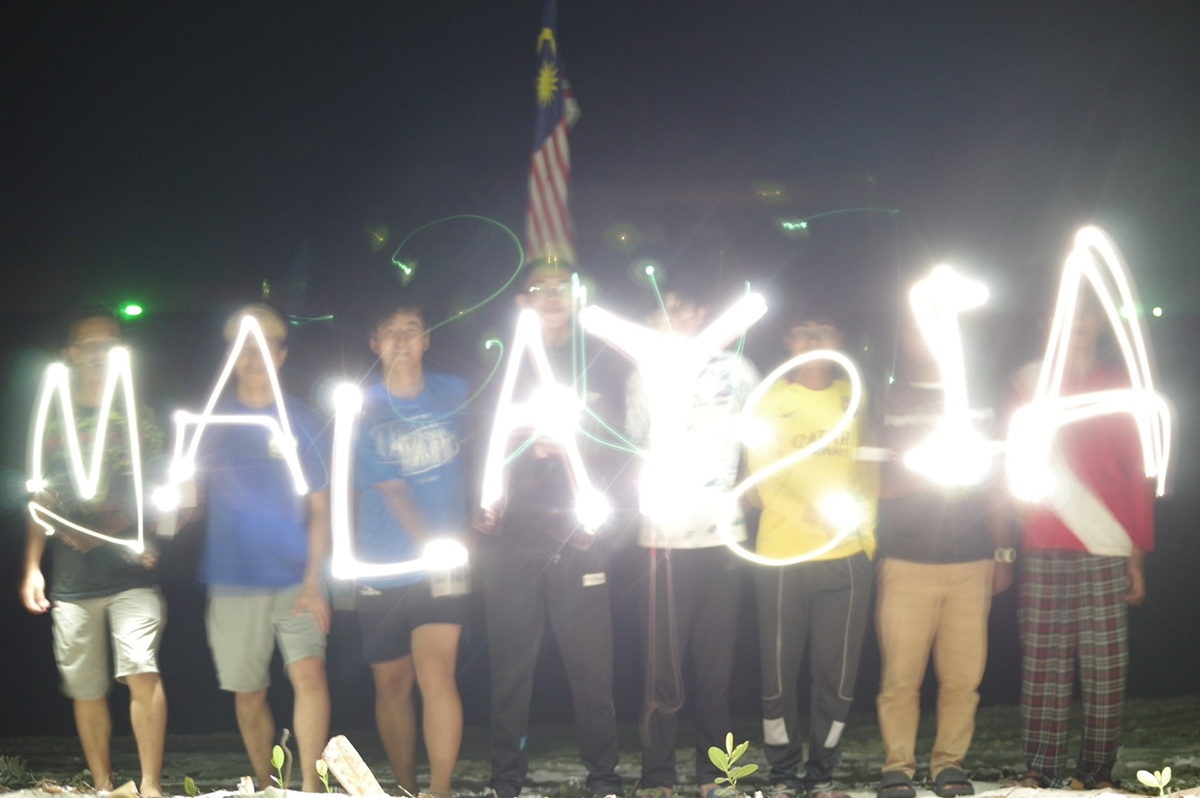
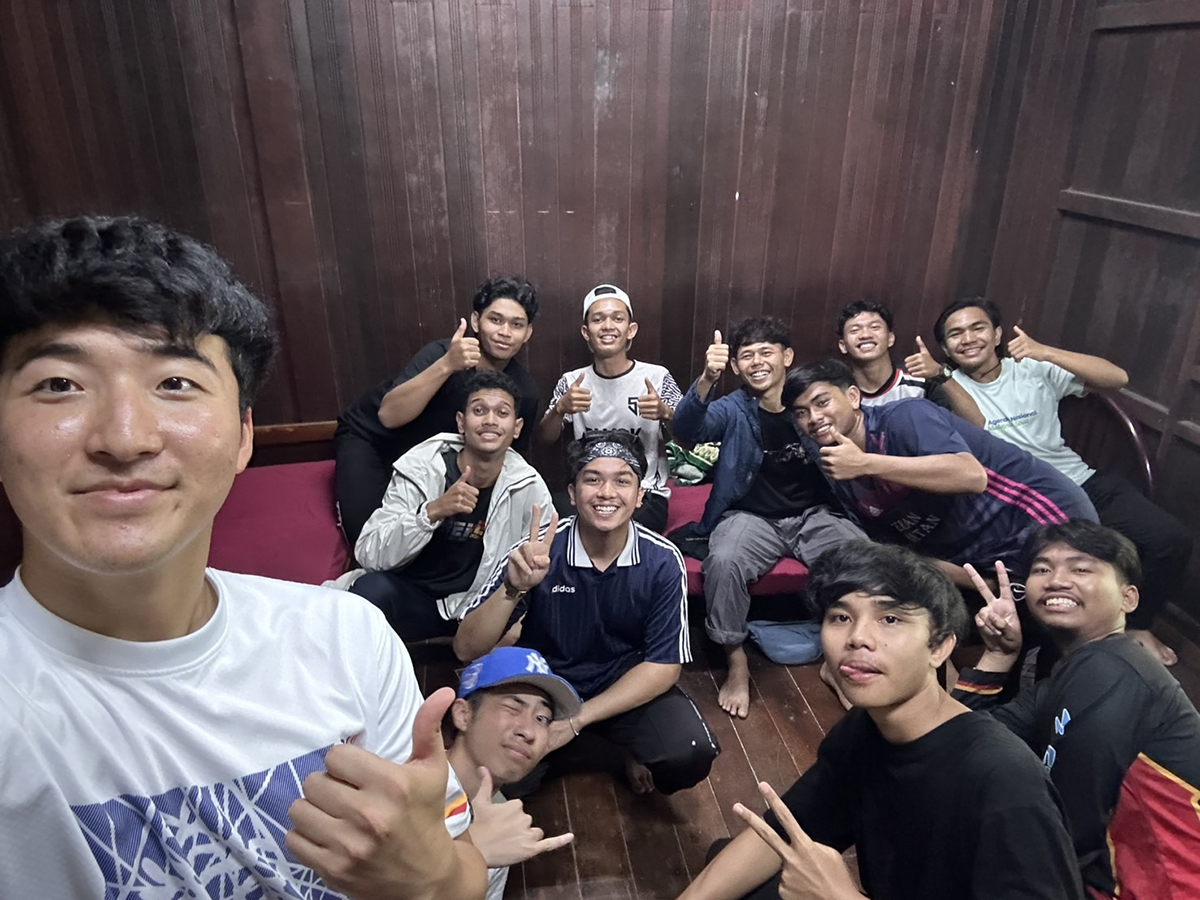
I also participated in the practical training to the island of Bidong. I will never forget the good times we had on the island.
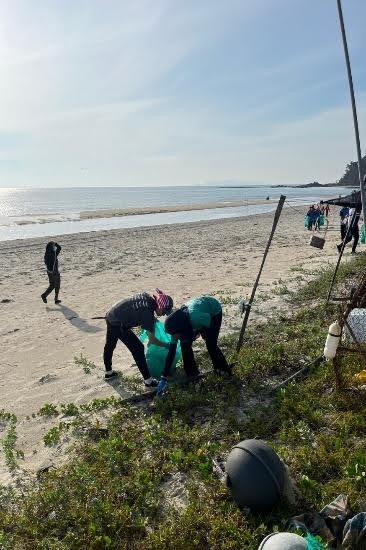
Since marine debris washes up on the beach, everyone cleaned up the beach.
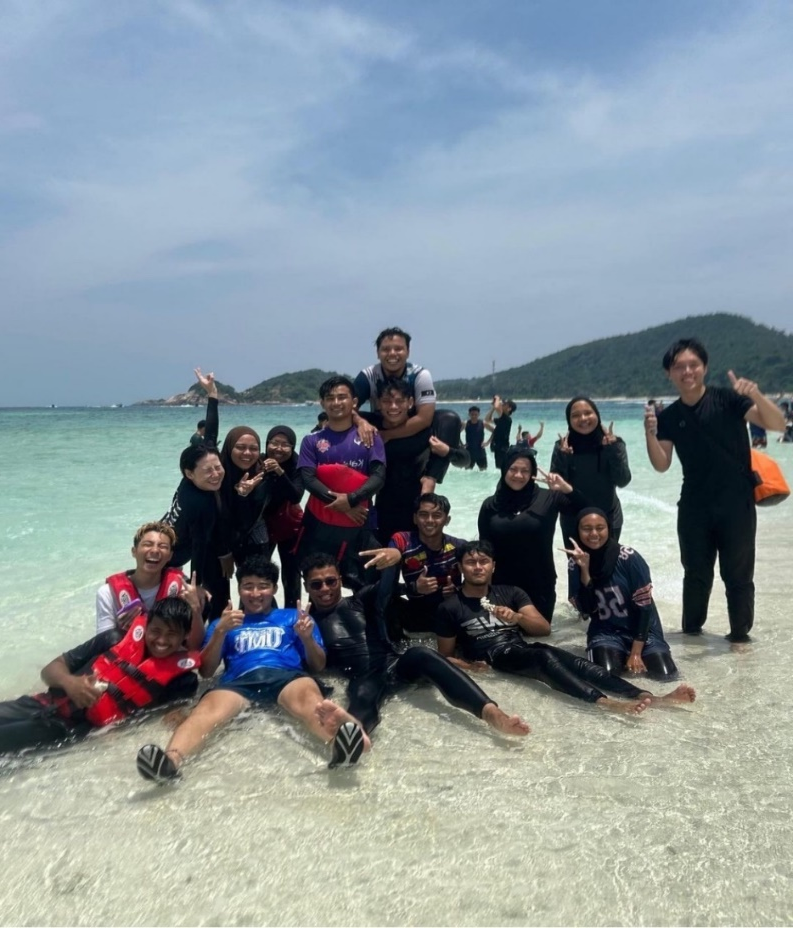
There is also a day trip to the island of Rudang. I was amazed at the beauty of the beaches.
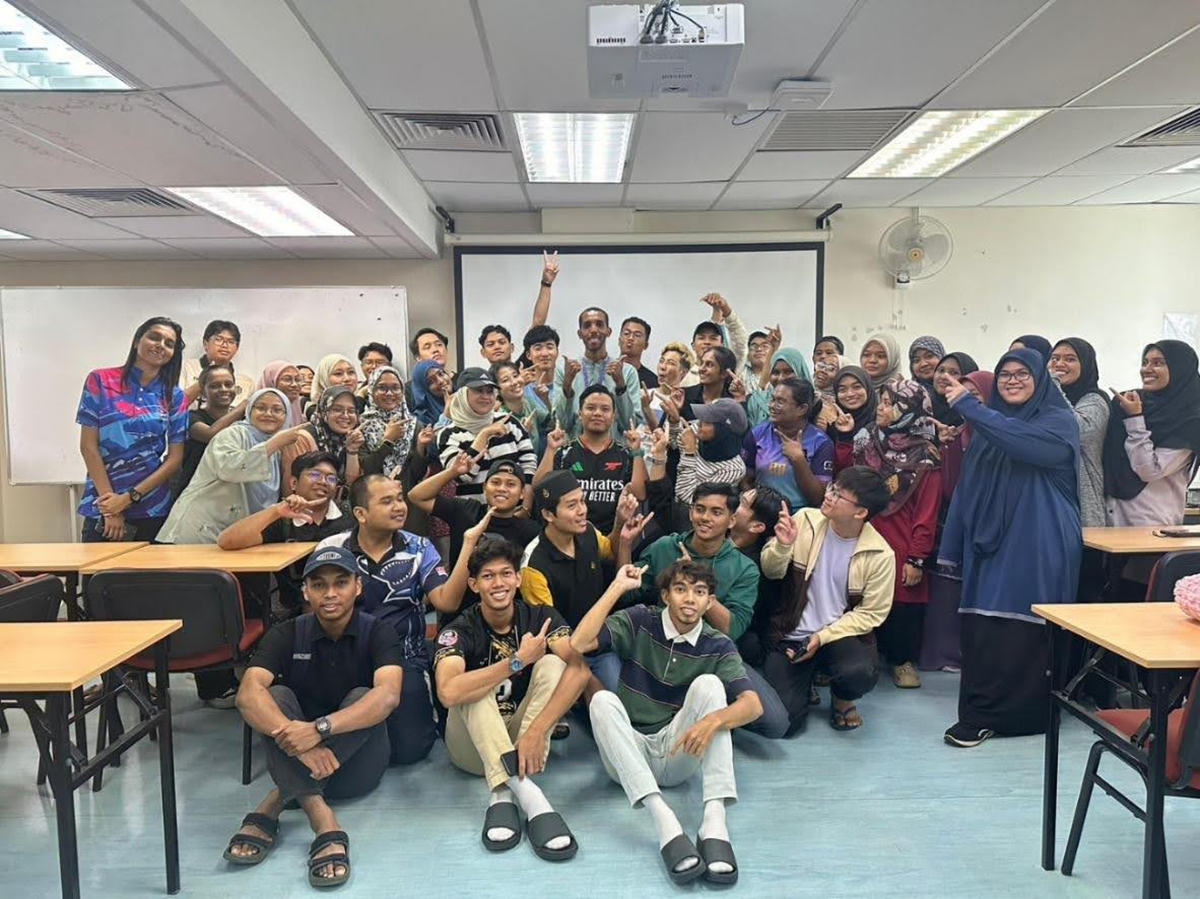
Cleaning up the beaches with local people and talking with students through classes and practical training made me realize that improving the marine environment should go beyond national borders. In addition, the opportunity to live in the state of Terengganu, Malaysia, a place rich in nature where wild animals are always close at hand, has strengthened my awareness of the natural environment. Furthermore, by living in an area with a strong Islamic culture, I was able to learn important things for global activities, such as understanding different cultures and acting with respect.
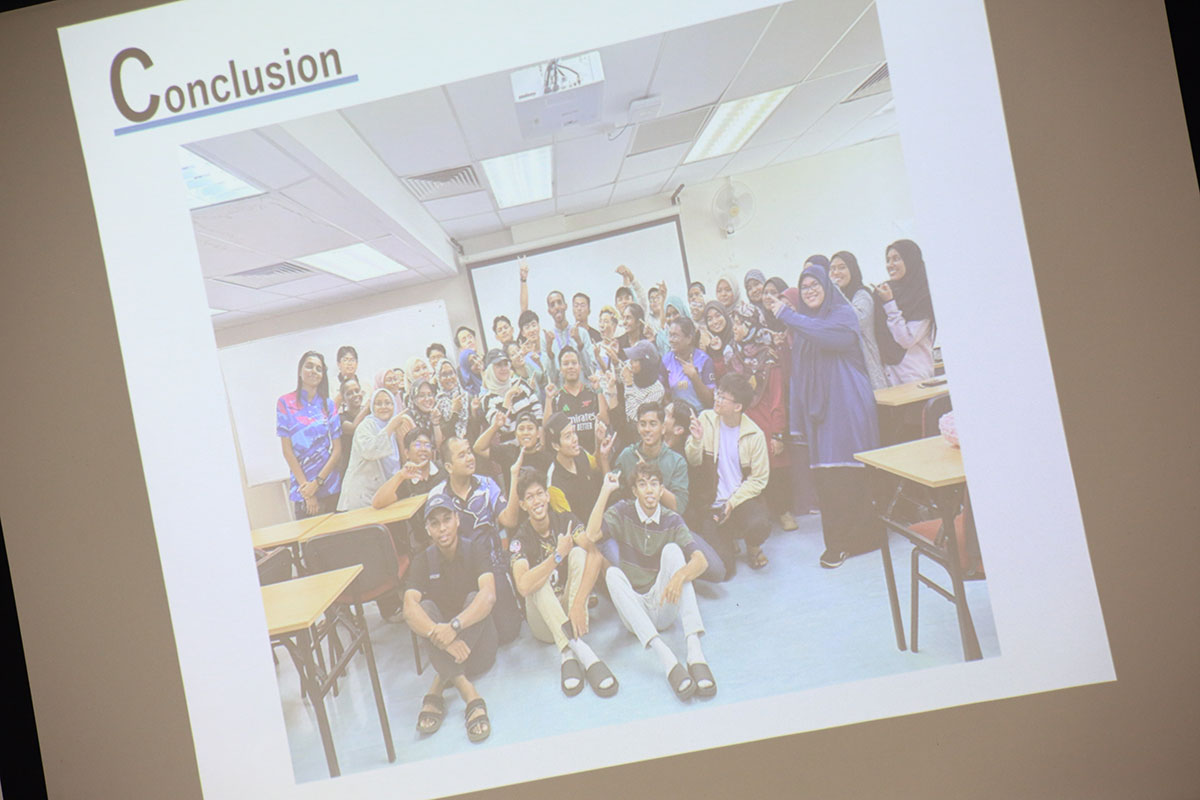
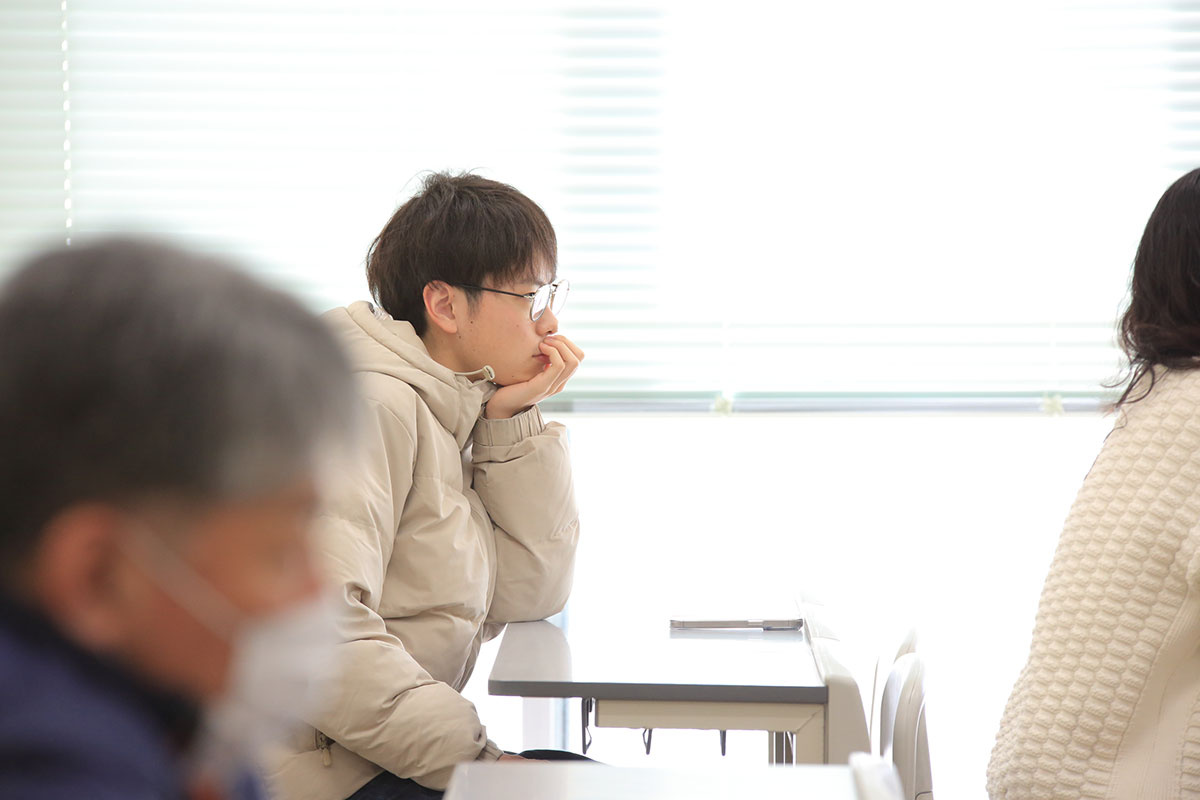
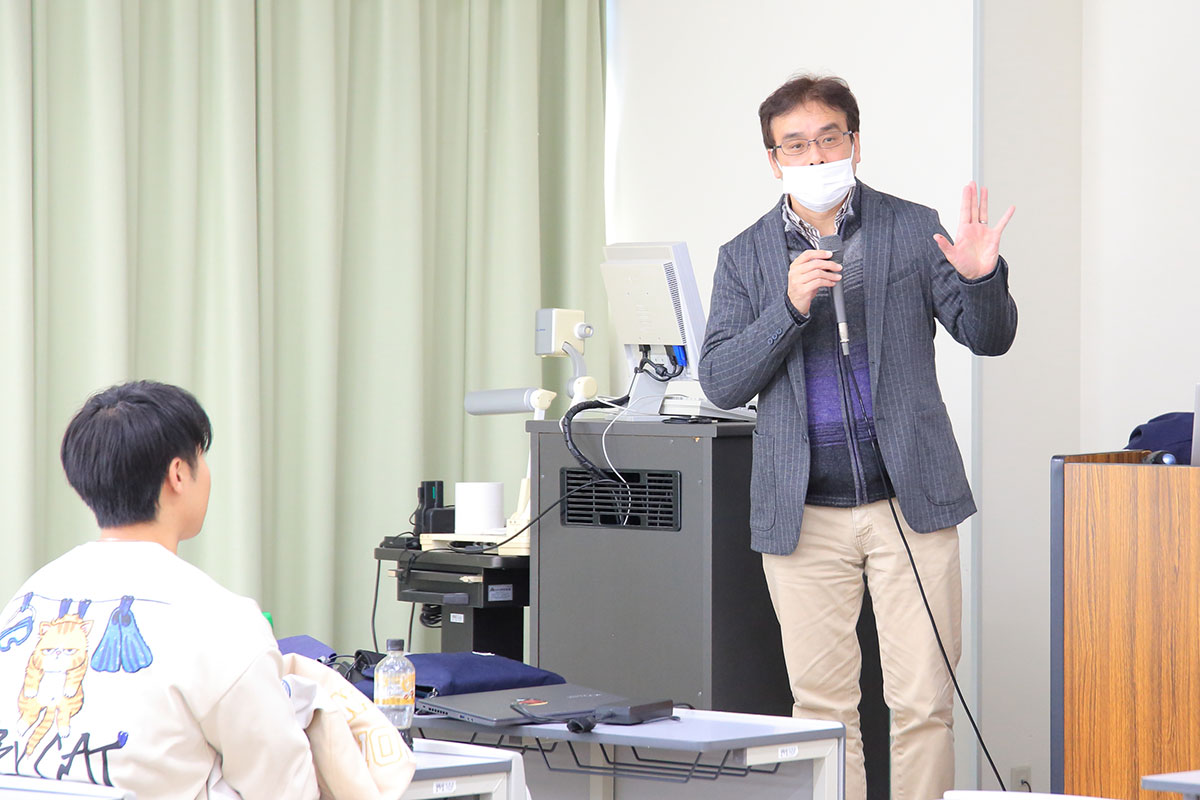
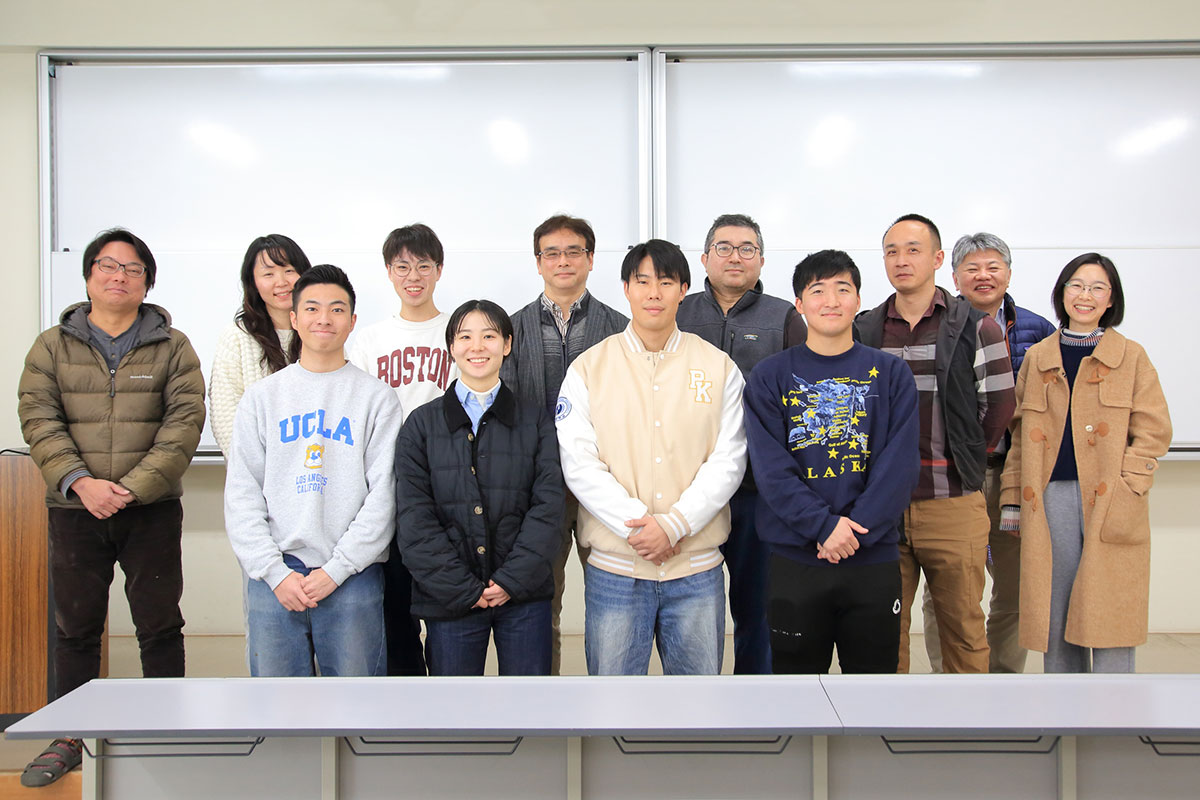
Thank you!
